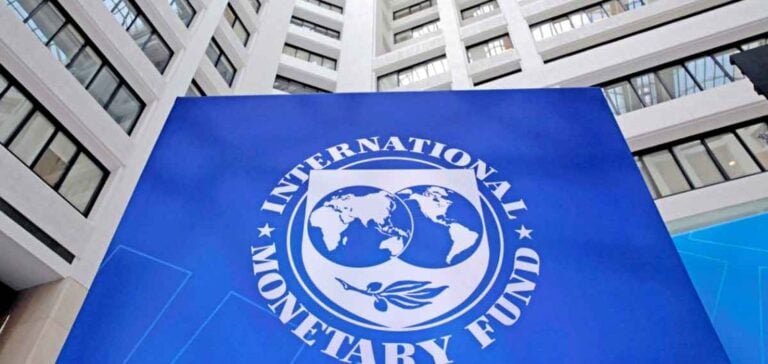The International Monetary Fund (IMF) has confirmed an agreement with Ecuador regarding the first review of its economic aid program signed in April. This program, totaling $4 billion over four years, aims to support the Ecuadorian economy amid significant structural and situational challenges.
The disbursement of $500 million will depend on the approval of the IMF’s Executive Board. According to Varapat Chensavasdijai, IMF mission chief in Ecuador, local authorities have made substantial progress in implementing economic reforms supported by the program. These efforts aim to ensure long-term macroeconomic stability, strengthen fiscal sustainability, and protect the most vulnerable populations.
An Economy Strained by Drought
Ecuador, which relies heavily on hydropower for 70% of its electricity production, is currently experiencing the worst drought in sixty years. This extraordinary situation has led to prolonged power outages lasting up to fourteen hours a day. The energy crisis is also impacting access to drinking water and agricultural production, exacerbating economic tensions in a country already weakened by stagnant oil exports.
To address this crisis, the government declared a national state of emergency in November for sixty days. This measure aims to mobilize resources to mitigate the consequences of water shortages, wildfires, and energy instability.
Socio-Economic and Security Context
In this strained economic environment, Ecuador is also facing a rise in violence linked to drug trafficking. The proliferation of criminal gangs has prompted authorities to adopt emergency measures, including curfews and deploying the military in several localities and prisons. These efforts reflect the government’s determination to restore order, but challenges remain significant.
Despite these pressures, the IMF has praised the resilience of Ecuadorian authorities. “The program’s performance has been strong,” the Fund noted, highlighting that quantitative performance criteria and indicative targets were met. These advances maintain critical international support during a pivotal period for the country.






















